Diet, Diet, and Diet! Be it, Keto, GM Diet or a low carb diet all of us try to follow a diet and try to lose those extra kilos. Healthy eating is about eating smart and enjoying your food. Similarly, investing is also about consuming healthy information and making investment decisons. Information diet is a new way of investing. Know what is relevant and only consume information that is backed by facts and research.
What is Information Diet?
We netizens are continuously exposed to information. Being able to differentiate what is important and relevant to you and what is junk is very important. Too much information is too bad. With the abundance of information that we get, how many of us really have to time to check the authenticity of the information? Most of us don’t. But does this mean we ignore the information completely? Well, NO.
Just like food, water, and air, information is also very important. Being away from it isn’t possible. Therefore, the only way to deal with it is by following the Information Diet. There are different types of information, using the right one to make investment decisions is very important. Let the junk be kept away in the bin.
Useful but expiring information
This is the kind of information that is relevant at one point in time, and become irrelevant later. For example, the financial result of a company that you have invested in is important. However, 2010 results wouldn’t be relevant in 2019. Similarly, for mutual fund investments the portfolio concentration changes, older information wouldn’t be relevant. Therefore, such information is useful only for the time being.
Useful and permanent
Understanding volatility, risk, assets allocation, etc. is important throughout the life of the investment. Such information needs to be collected and analyzed regularly. This is relevant through the entire investment journey. Hence, grab as much knowledge as possible to keep your investments updated to the changing market conditions.
Useful but wrongly showcased
Quite a few data advisors or companies create reports that talk about a company or the economy. Their data points might be right. But the sales executives who use the information to sell a product end up showing a rosy picture. In other words, they end up telling that investment in a particular instrument will give you so and so return. How good is his prediction? Has he told you about the market cycle? Therefore, information relating to the company or fund is important, but just seeing the rosy picture and investing with an expectation that it would only go up is wrong.
Requires immediate action
Unfortunately, this information is lost between all the noise. When an important action has to be taken, most of us miss the opportunity and react after the damage has occurred. Most of us fail to understand the importance of the information and take hasty decisions.
Useless but entertaining
These topics get the highest attention. 99.99% of the population concentrates on such topics. The kind of hype created for the information is actually unnecessary. However, it attracts a lot of attention. Though it’s entertaining to track them, its best to avoid such type of information. It’s very difficult to judge the genuineness of this kind of information.
Follow a Healthy Diet – Healthy Investing
Just like our food habits, our investing habits should also have a healthy approach. Eating junk and regretting later might be common amongst most of us. But is that even allowed in investing? No, it’s too much of a risk to play with your savings. This can have an adverse impact on your financial stability and goals. Similar to a piece of advice taken from a dietitian, it’s healthy to hire a financial advisor for your investments. They will be the right ones to suggest a good combination of different assets classes to help you achieve your goals.
Following a diet doesn’t mean you just eat one kind of food every day, it’s important for the body to receive all kinds of proteins and nutrients. Similarly, your investment diet shouldn’t be restricted to one asset, it needs to have the right combination of different asset classes to help you reach your goal.
Separate Calories (Bad Information)
Junk food is everywhere. Go to a cinema or a mall or even a play arena, you’ll find a lot of junk food. Does this mean you’ll eat what you find and stress your stomach? Differentiating between good calories and bad calories is important. Good calories aren’t necessarily made of low-calorie foods. For example, healthy fats, complex carbs, lean protein, fresh whole foods can be categorized as good calories, while, sugar, refined flour, artificial ingredients are the bad ones. Similarly, being able to judge between the information and categorizing as good and bad is necessary. You wouldn’t want to consume bad or incorrect information and make investment decisions. Stay away from rumors, even if it comes to your notice, do not pass it on to others and play a role in affecting their investments.
Some examples of bad information
Increase in expense ratio
Increase in expense ratio for a mutual fund. Yes, this might be some new, but reacting to it in a way that you immediately redeem your investments isn’t right. If it’s a good performing fund, a slight increase in the expense ratio shouldn’t affect your investment decision.
Timing the market
Trying to time the market, it another mistake. Most investors try to look at daily market movements and try to time their investment. How far is this right? A sudden dip might give you a heart attack, in such scenarios. Therefore, better invest on a regular basis, this will help you average out the risk.
Believe in your advisor
Many investors after consulting a financial advisor do their own research by reading recommendations posted on the internet. There would definitely be a conflict in the recommendation. Online recommendations are based on the publisher’s analysis, while your advisor’s suggestions are based on understanding your profile, risk appetite, investment horizon, etc. Hence, do no try to merger two different opinions. Follow what best suits you.
Constantly checking your portfolio
With the daily market news, if you are constantly checking your mutual fund portfolio returns, then you are making the biggest mistake. Any dip in the market will force you to take adverse decisions. Leave your investments for the long term, review them either quarterly or half yearly.
Work out
To maintain good health, a balanced diet along with a good work out plan is the best option. Yoga is one wellness form that will help you both physically and mentally. Read our blog article Yoga for Financial Health to understand lessons from yoga for your investments.
Conclusion
Therefore, Information Diet places a very important role in your day-to-day life. It has both good and bad effect on your investments. Knowing what is good and staying away from bad information should be your mantra. Incorporate information diet into your daily routine for a peaceful and stress-free lifestyle.
Eat Healthy, Read Healthy and Stay Wealthy!
- Confused if your portfolio is performing right enough to meet your goals?
- How long have you been investing in mutual funds?
- What is your current portfolio size?
- What is your approximate annual household income?
- Your profile does not qualify for a call with a Financial Expert.
- What is Information Diet?
- Follow a Healthy Diet – Healthy Investing
- Separate Calories (Bad Information)
- Some examples of bad information
- Work out
- Conclusion












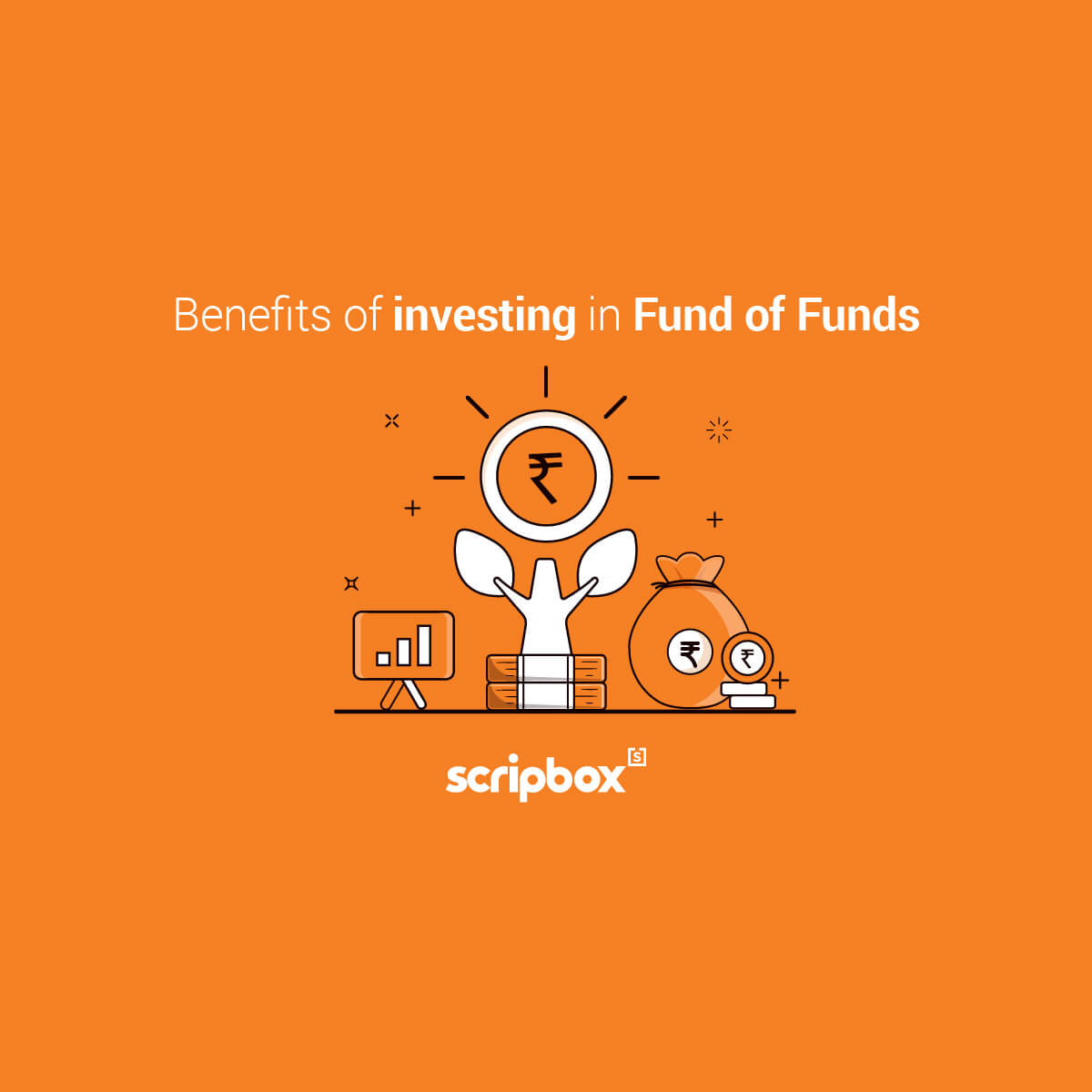
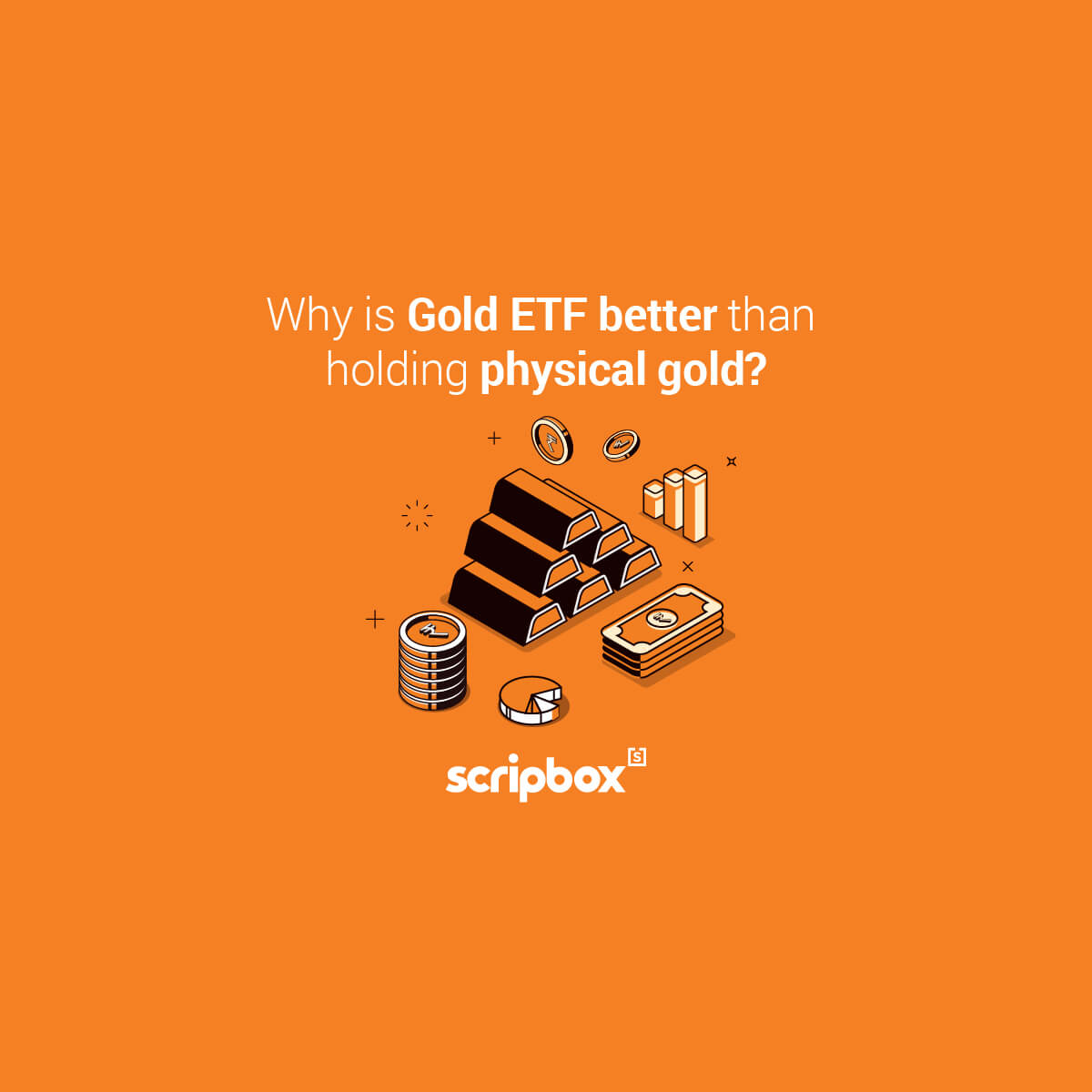
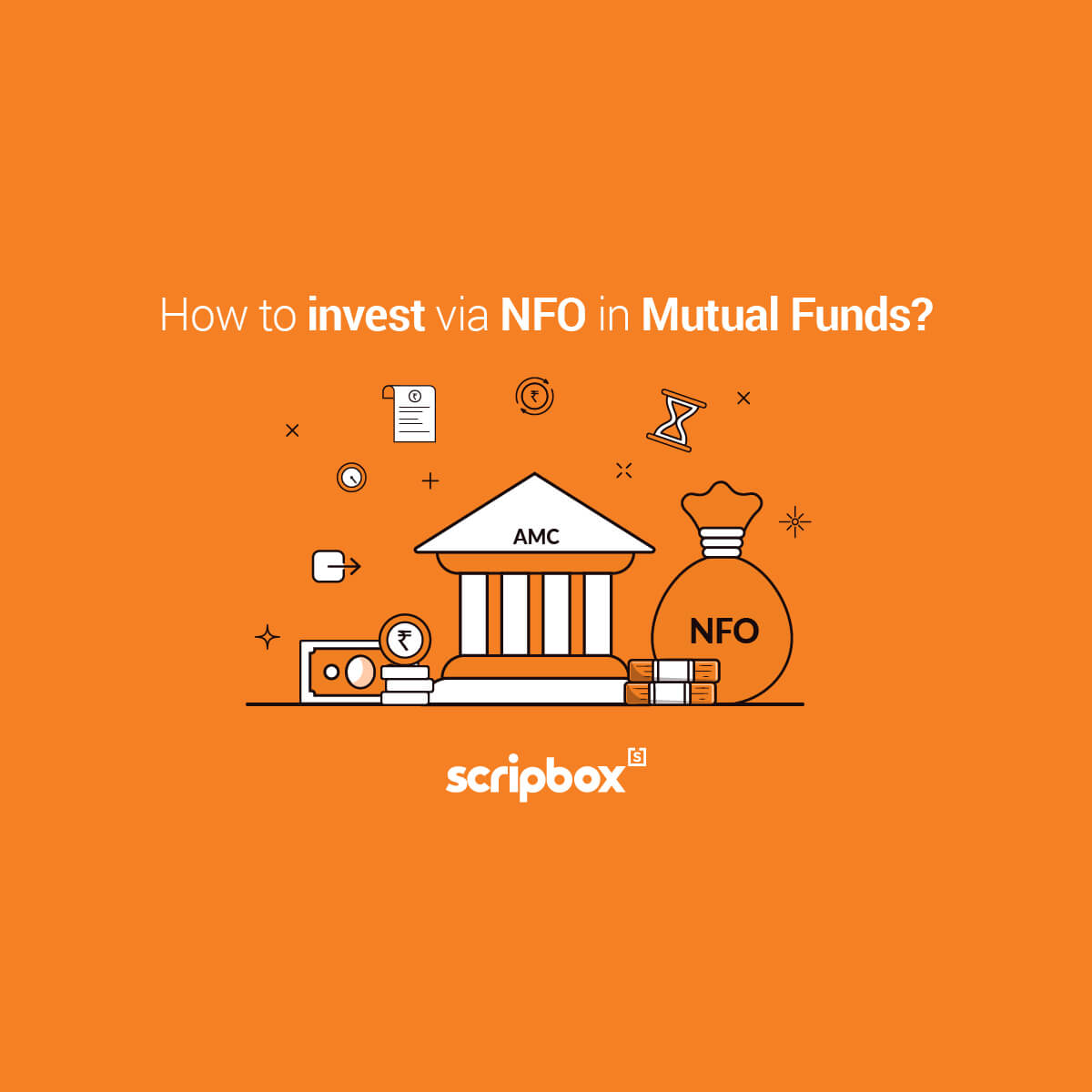
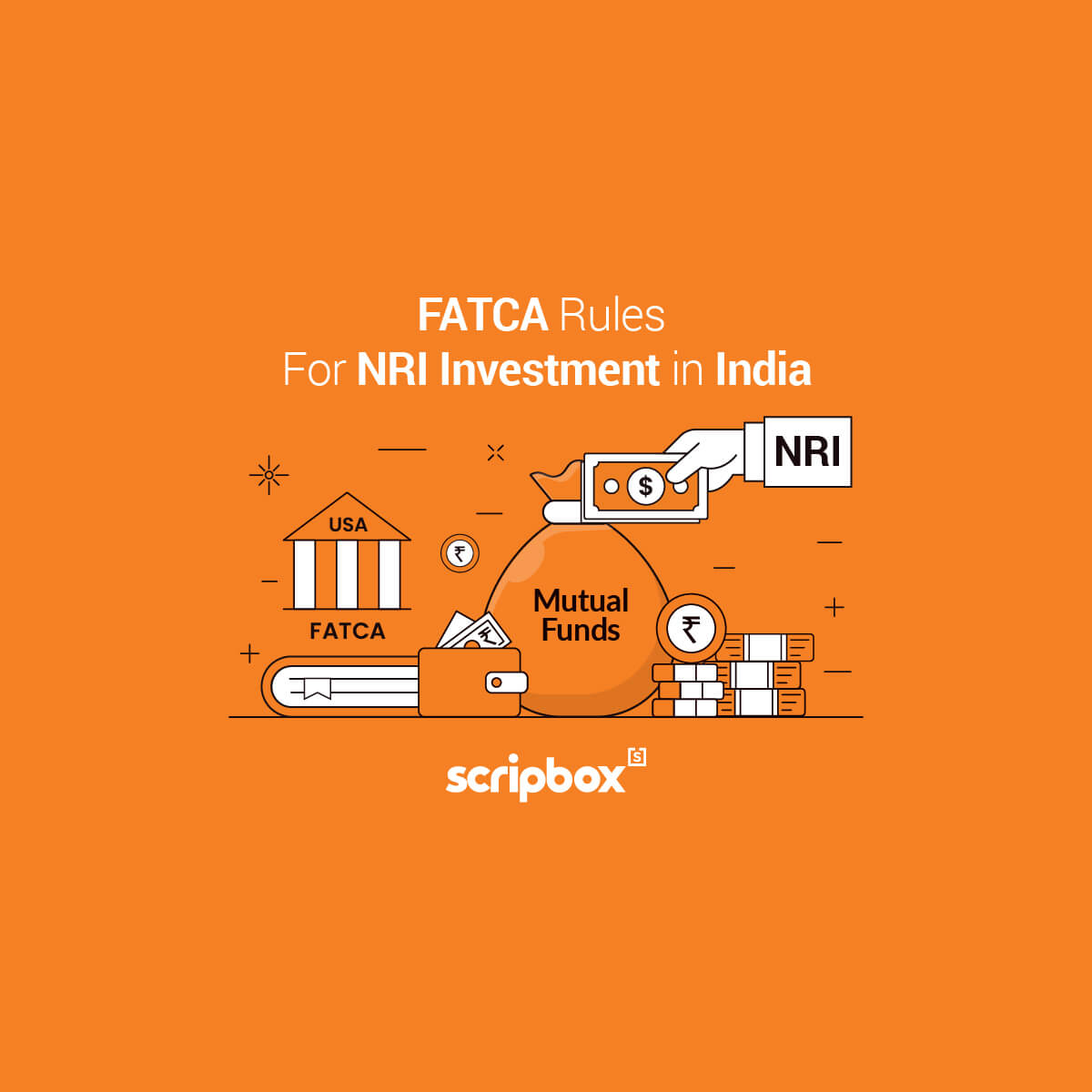
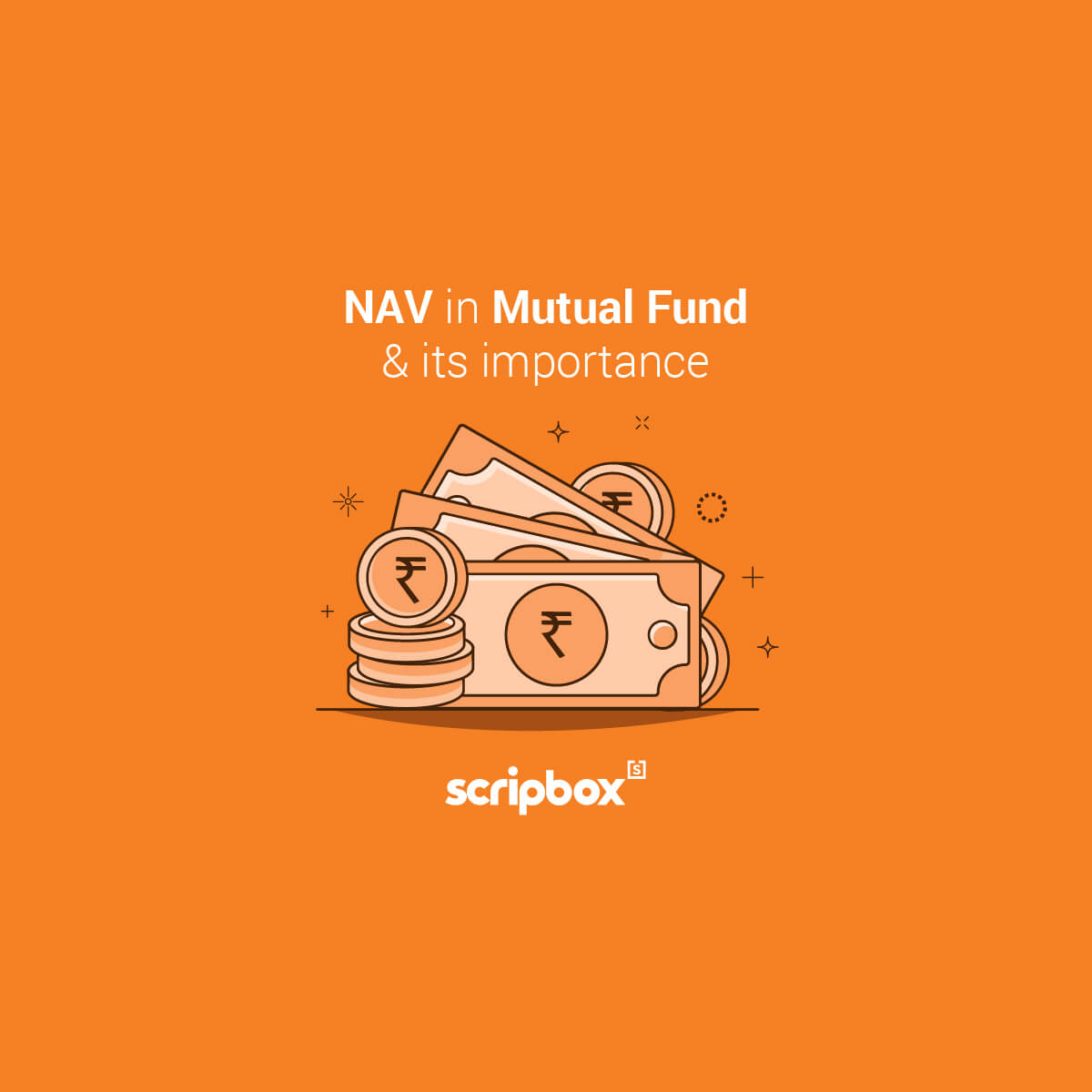






Show comments